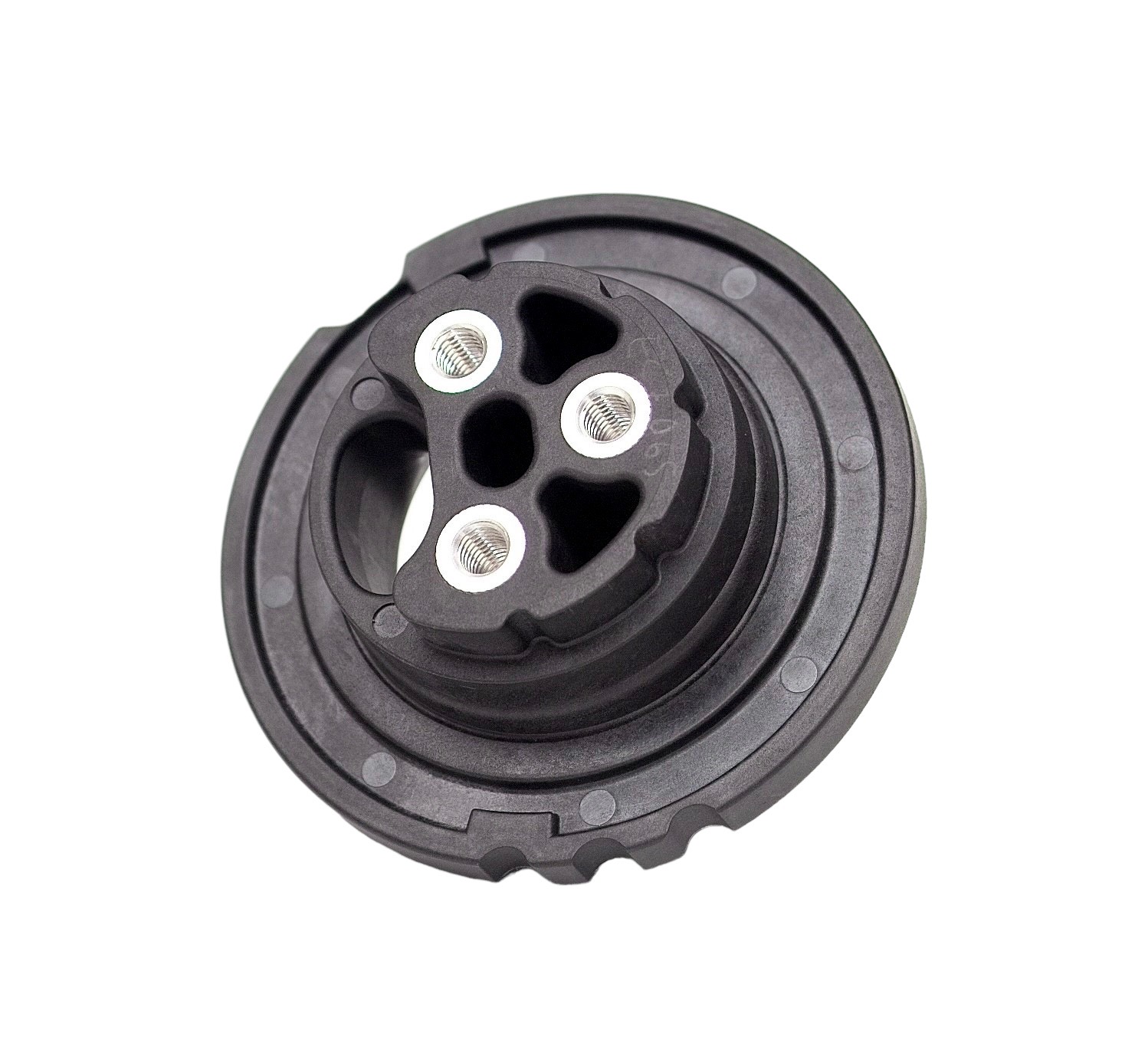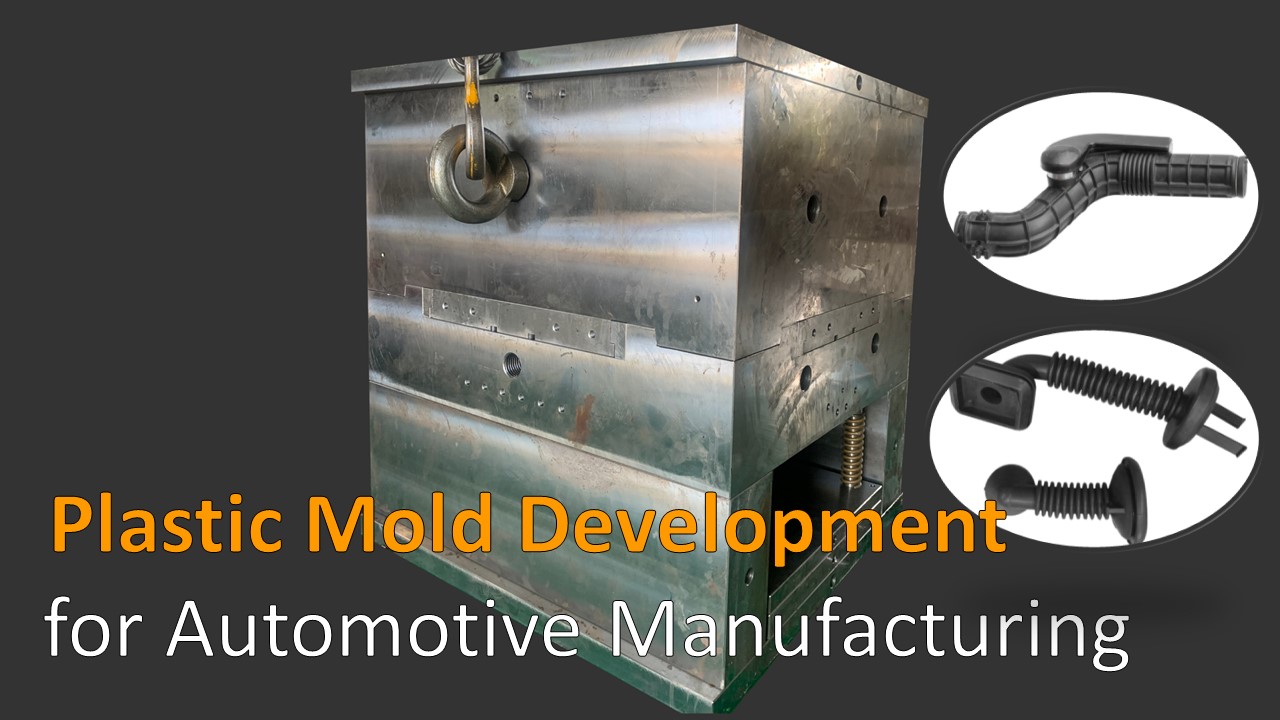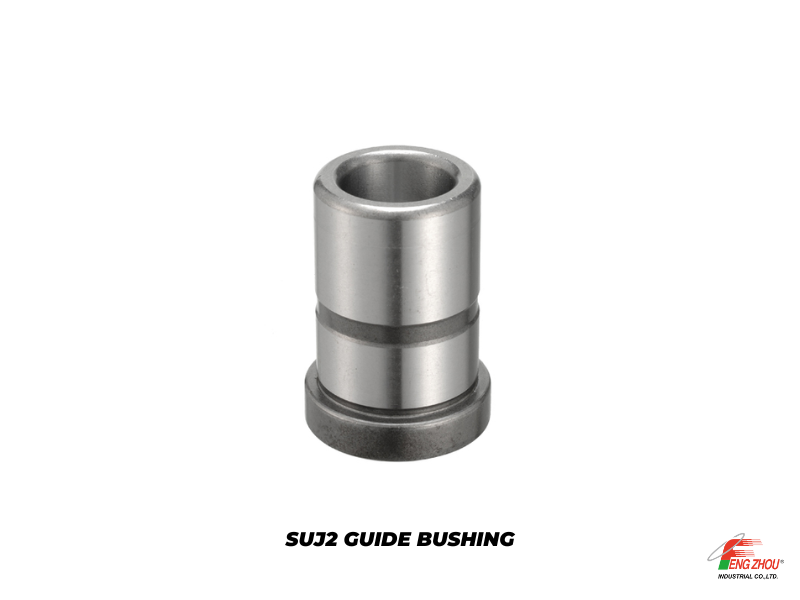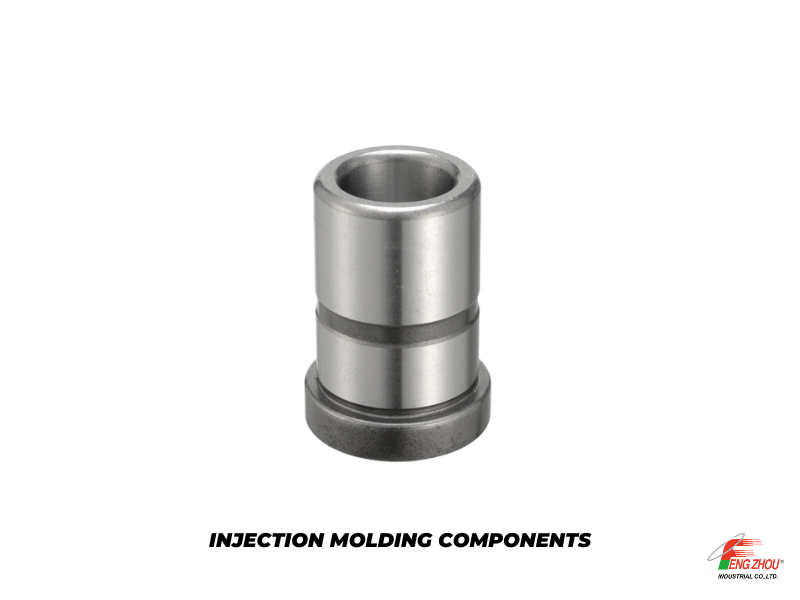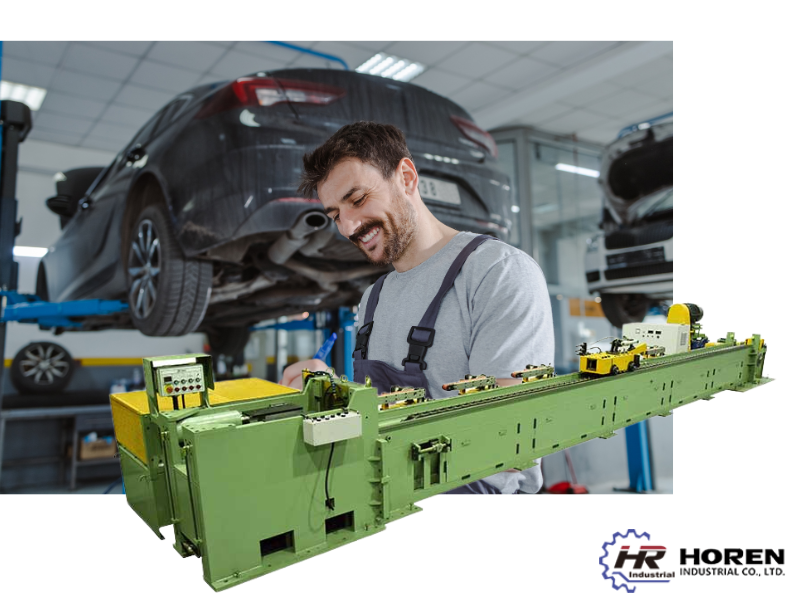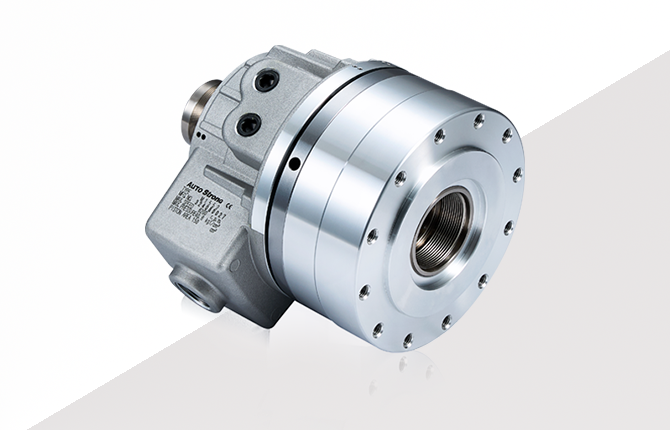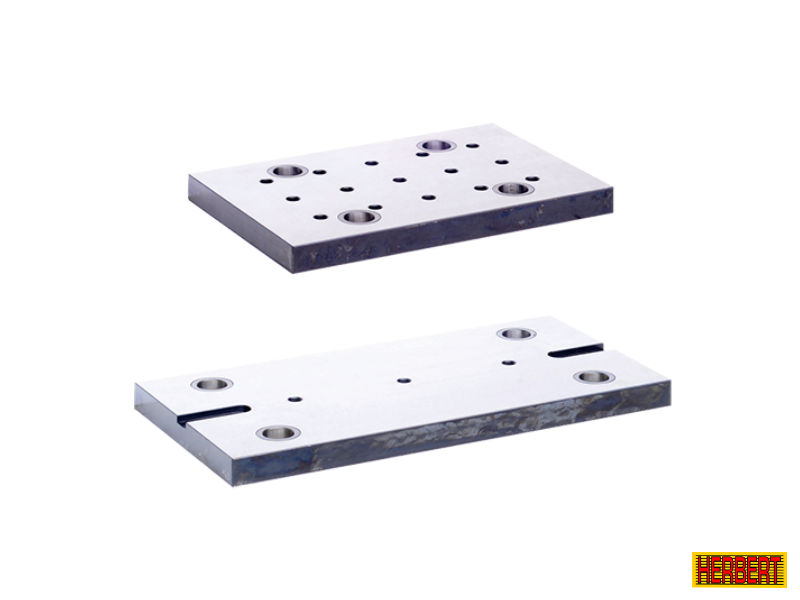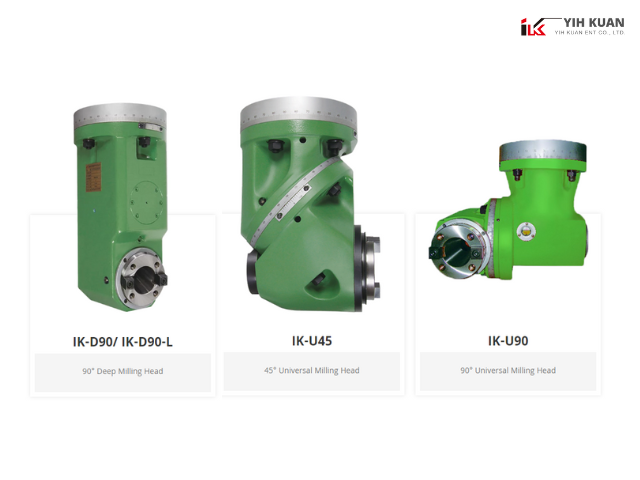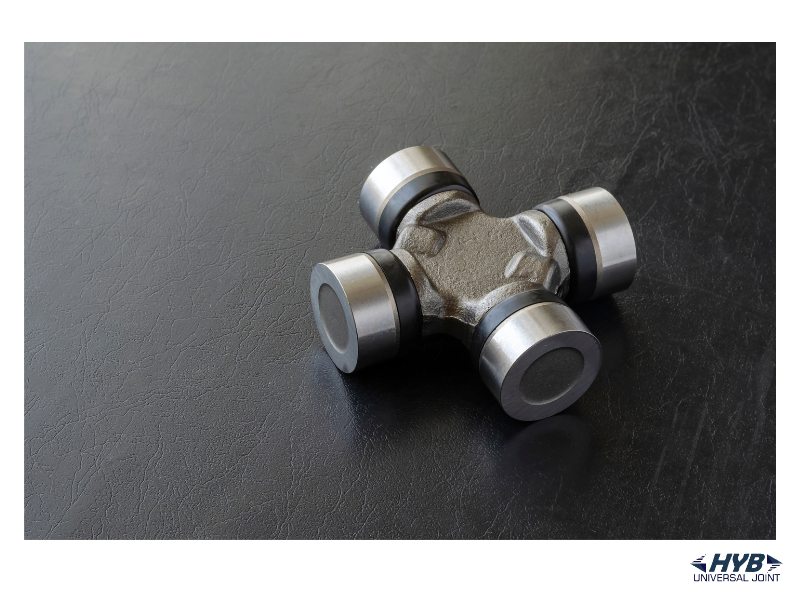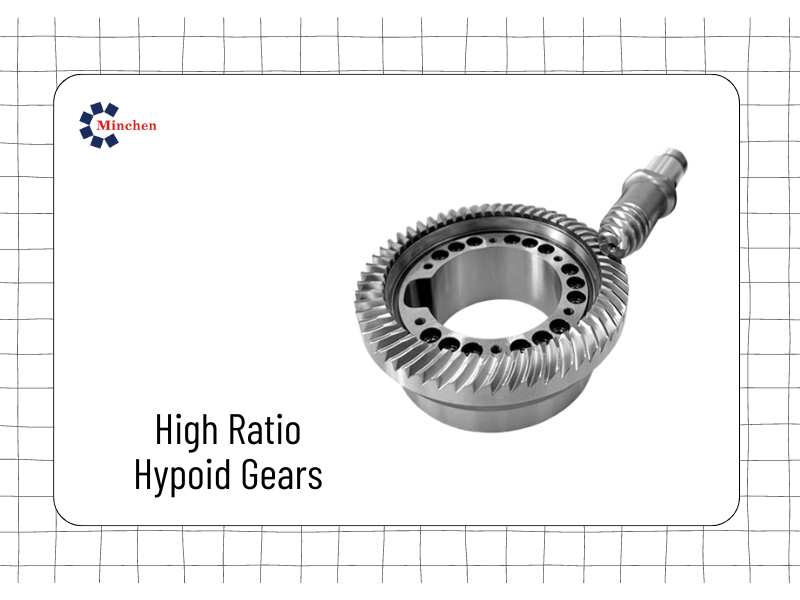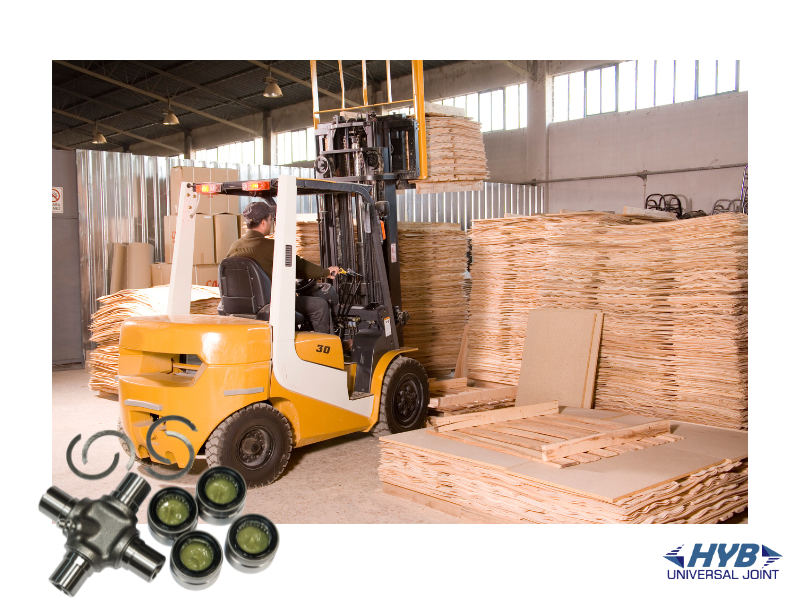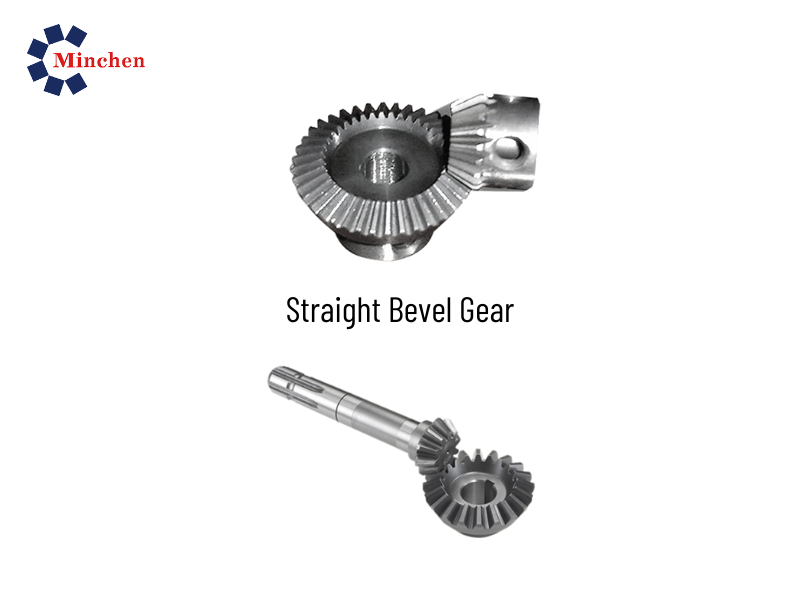The Working Principle of Electrical Discharge Machining (EDM)
2024-07-03Machinery
Electrical Discharge Machining (EDM) is a manufacturing technology that utilizes electrical sparks to cut materials, particularly well-suited for hard materials or complex shapes that are difficult to handle with traditional cutting techniques. This technology mainly includes two types: wire EDM and die-sinker EDM (also known as spark machining).
Basic Principles:
Electrodes and Workpieces:
- During the EDM process, the tool electrode and the workpiece do not make direct contact.
- The electrode may either be a solid pre-shaped into the inverse shape of the desired cavity (die-sinker EDM) or a continuously moving thin metal wire (wire EDM).
Discharge Process:
- High-frequency electrical sparks are generated between the electrode and the workpiece. These sparks produce enough heat to melt or vaporize the material on the surface of the workpiece.
- The gap between the tool and the workpiece is filled with a special dielectric fluid, typically oil or deionized water. The role of the dielectric fluid is to cool the electrode and the workpiece and flush away evaporated metal particles.
Material Removal:
- The electrical sparks generate extremely high temperatures for a very short duration between the electrode and the workpiece, causing the material on the surface of the workpiece to melt or even vaporize.
- The dielectric fluid washes away the molten material and quickly cools the area to prevent overheating of the workpiece.
Control System:
- Modern EDM machines are equipped with highly precise control systems that can accurately control the position of the electrode, the frequency and intensity of the sparks, thus achieving high precision in machining.
- The control system also adjusts parameters to accommodate different machining requirements and material characteristics.
Applications of EDM:
- Mold Making: Producing complex molds and dies, especially for plastic injection molding and die casting.
- Small and Precision Components: Manufacturing precision components used in industries such as aerospace, automotive, and micromechanics.
- Hard Material Machining: Processing extremely hard materials like tungsten carbide, hard alloys, and diamonds.
Advantages of EDM:
DM offers several unique advantages that make it invaluable in high-precision and hard material machining sectors:
- Complex Geometries: EDM excels in creating intricate and complex shapes that would be impossible to achieve with traditional machining.
- Surface Quality: It achieves excellent surface finishes that often require little to no post-processing, which is crucial for molds and precision parts.
- No Contact Machining: Since there is no physical contact between the tool and the workpiece, there is minimal risk of mechanical stress or deformation to the part.
Challenges of EDM:
Despite its numerous benefits, EDM also faces several challenges:
- Processing Speed: EDM is generally slower than other machining processes, making it less suitable for large-scale production.
- Operational Costs: The cost of EDM is relatively high due to the price of the electrodes and the power consumption of the machines.
- Material Limitations: Only conductive materials can be processed by EDM, limiting its use to certain applications.
Future Prospects:
The future of EDM looks promising as ongoing developments aim to address its current limitations and broaden its applications:
- Process Innovations: Researchers are constantly exploring ways to increase the speed and efficiency of EDM processes through advanced electrode materials and optimization of electrical parameters.
- Automation and Integration: Integrating EDM with automated systems and CAD/CAM software continues to enhance its accuracy and reduce labor costs.
- Sustainability Initiatives: Efforts are being made to make EDM more environmentally friendly by using more sustainable materials and reducing energy consumption.
In conclusion, EDM remains a pivotal technology in modern manufacturing, particularly in creating highly precise and complex components. As industries evolve, continuous refinement and innovation in EDM technologies will be crucial. Manufacturers and engineers must stay abreast of these changes to leverage EDM's full potential in their production capabilities.
At Oscar EDM, a leading manufacturer of EDM machines, we are committed to providing state-of-the-art solutions for all your EDM needs. Should you have any questions or require further assistance, please do not hesitate to contact us. Our team of experts is ready to help you explore the benefits of EDM and find the best solutions tailored to your manufacturing requirements.
